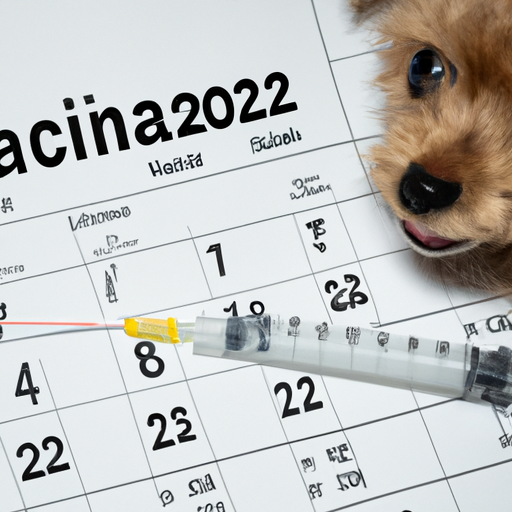Understanding Rabies and Its Impact on Dogs
You might have heard of the term “rabies” several times, but do you really know what it entails? Rabies is a deadly virus that affects the central nervous system. It’s passed from animals to humans, usually through a bite from an infected animal. For your beloved canine companion, it’s crucial to understand the severity of this disease.
According to the World Health Organization, more than 99% of all human rabies cases are transmitted by dogs. Hence, it’s not just about protecting your furry friend – it’s about safeguarding your family and community as well.
The Importance of Vaccination
Here’s where the rabies vaccine comes in. You, as a conscientious caregiver, have the power to prevent this fatal disease with a simple shot.
- Protects your Dog: The rabies vaccine acts as a shield, protecting your dog from the virus.
- Prevents Human Transmission: It also helps prevent the spread of the disease to humans.
- Legal Requirement: In many places, it’s a legal requirement for dogs to be vaccinated against rabies.
Frequency of Rabies Shots for Dogs
So, how often does your dog need to be inoculated? This depends on a few factors:
- Age: Puppies usually receive their first rabies shot at 3-6 months of age.
- Local Laws: Different regions have different requirements. Some require annual shots, while others mandate it every three years.
- Health Status: Vaccination frequency could also depend on your dog’s health and lifestyle.
| Age/Condition | Frequency |
|---|---|
| Puppy | First shot at 3-6 months |
| Adult dog (depending on local laws) | Annually or every 3 years |
| Health Status | Depending on vet’s advice |
Signs Your Dog May Need a Rabies Shot
You should also be on the lookout for signs that your dog might need a rabies shot. This includes:
- Excessive drooling or foaming at the mouth
- Changes in behavior, such as aggression or withdrawal
- Difficulty swallowing or eating
- Fever
Always consult with your vet if you observe any of these symptoms.
FAQs
Q: Can a dog get rabies even after vaccination?
A: It’s extremely rare, but possible. Regular vaccination is the best protection.
Q: How soon after exposure should my dog get a rabies shot?
A: Ideally, your dog should get a shot within a few hours of exposure.
Q: Are there side effects to the rabies vaccine?
A: Side effects are rare but can include tiredness, loss of appetite, or swelling at the injection site.
Q: Can I administer the rabies vaccine to my dog at home?
A: No. Rabies vaccines should only be administered by a licensed veterinarian.
By staying informed and proactive, you can ensure your furry friend stays safe and healthy. Remember, prevention is always better than cure.



